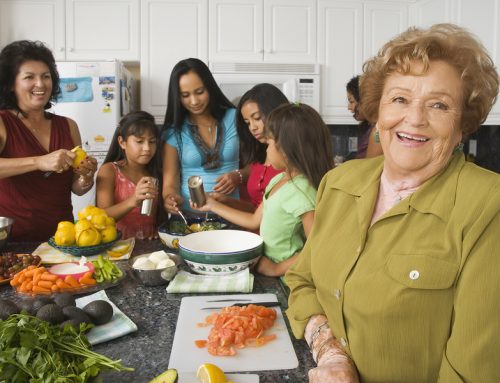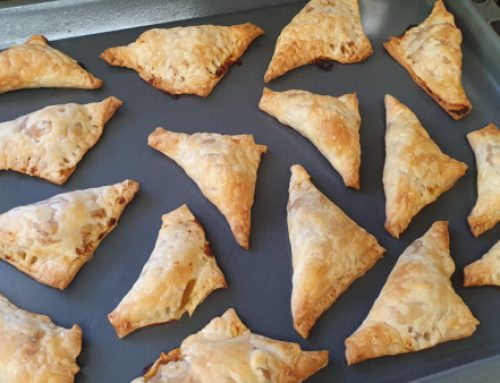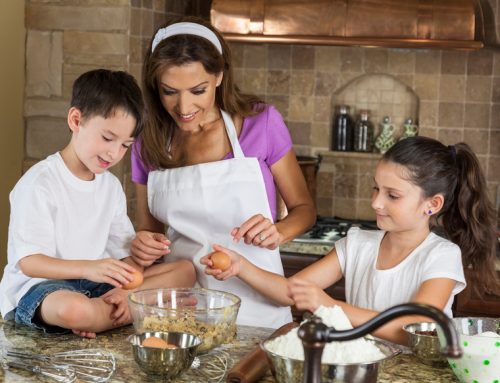“Play is as old as the existence of mankind. Play things were discovered in the artifacts of ancient civilization”.
Early Childhood News by Shelly Butler
Children are born natural learners. They are curious; they are eager and motivated to explore and learn. To a child, there is no distinction between learning and playing, it is just what it is. Children play for many reasons. Play can be just for the pure fun of it, or for exploring and learning, consolidating existing learning skills or just building relationships…
Children learn especially when the learning is fun. PLAY is the language for fun, pleasure, relaxation, joy, exploration, creativity and learning. It is their natural activity; it is what children do and a natural part of life. Through PLAY, children learn about themselves, the environment, about their being, about people and the world around them.
When a child is having fun, he/she releases his/her stress or anxious emotions out of his/her system.
- When children are having fun, it reduces stress, thus enhancing their learning capabilities.
- When children are having fun, they want to do more, thus increasing motivation to learn and participate.
- For a child, fun and play are their languages, that’s how they learn about the world.
For a baby, play is about cooing and babbling. Or watching things move around them.
For a toddler, play is about movement such as climbing, jumping, exploring outdoor playground equipment, investigating kitchen contents… or sitting down quietly focusing on what he or she is playing with, such as jigsaw puzzles, playing with water, blocks, sand, paper or anything safe he/she can get their hands on.
For older children, they learn to play as a group or through more structured games with rules, such as hide-and-seek, board games. They learn by cutting and pasting, dressing up, performing, playing make believe, such as playing scenes as thieves and police etc.

- Peek-a-boo
- Playing fun music together
- Toddler
- Crawling
- Drawing and colouring
- Singing and dancing
- Reading aloud with your toddler
- Cooking (where your toddler is playing with dough)
- More physical outdoor games
- Home chores – Home chores to your child is play
- Board games – such as snakes and ladders
- Puzzles
- Gardening
- Reading together
- Independent play
- Baking and cooking together – preschoolers can help with basic steps
What other games can you suggest? Leave your comment below.
Have a wonderful and connected day with your family.






Leave A Comment